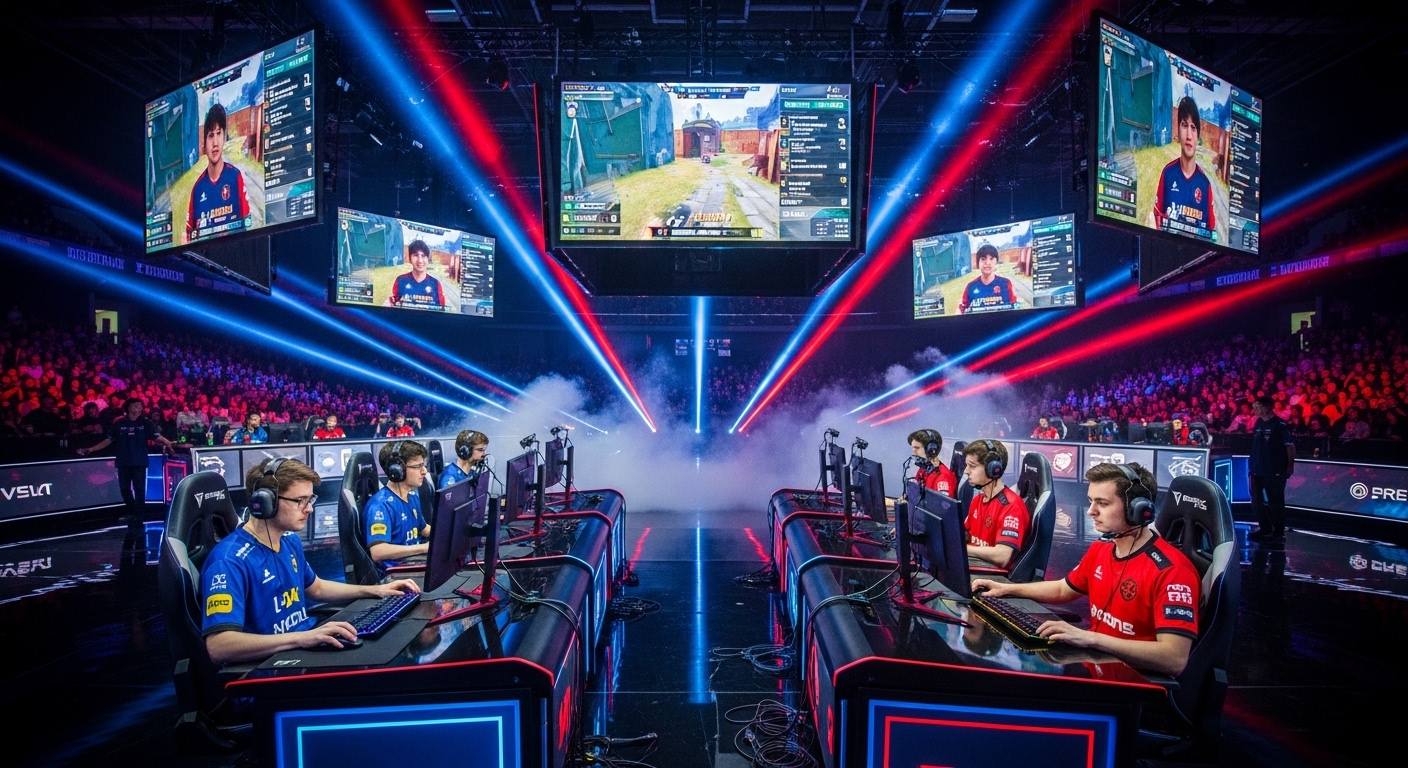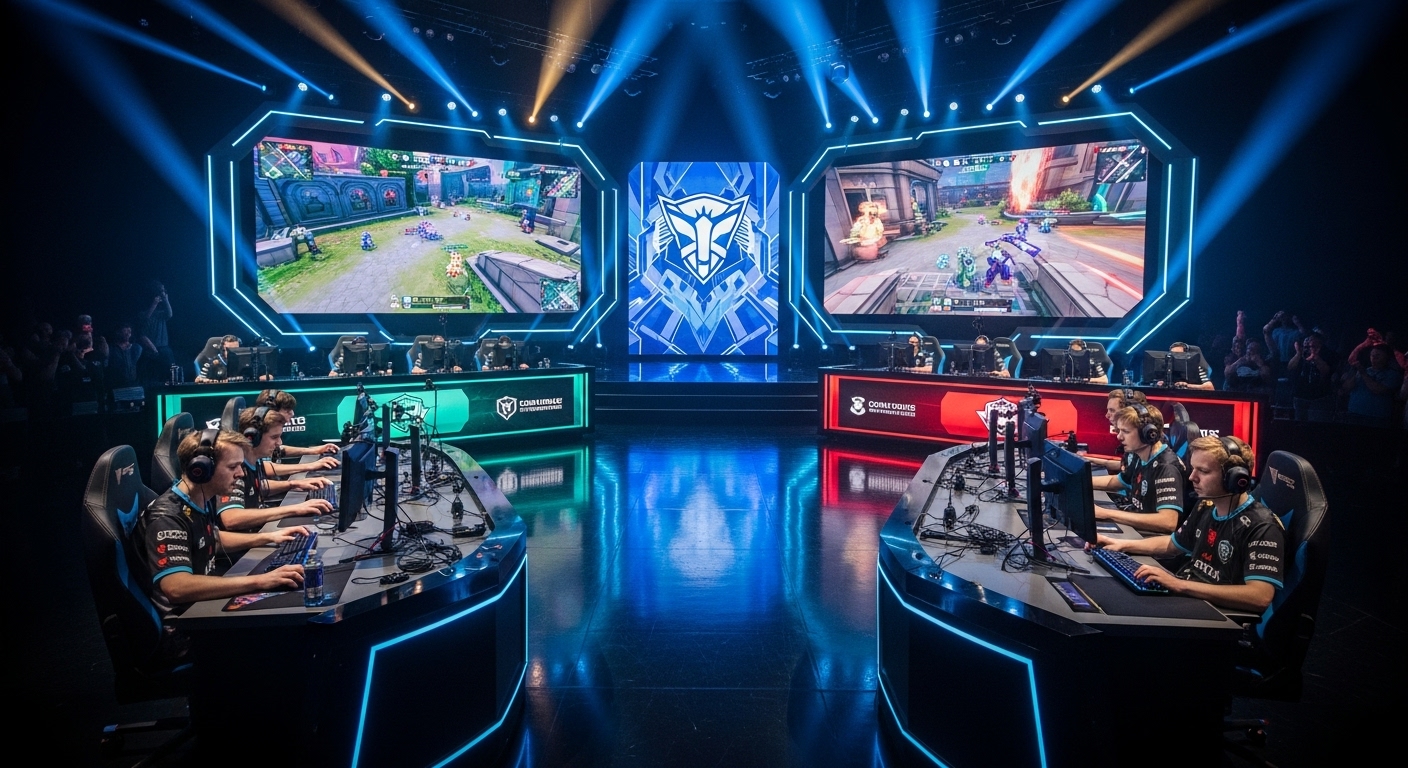Esports has transformed from a niche hobby into a global phenomenon, captivating millions of players and fans around the world. Competitive gaming is no longer limited to casual matches; it has become a professional arena where skill, strategy, and teamwork define success. With tournaments, sponsorships, and live streaming, esports is shaping the future of entertainment and sports alike.
The Rise of Esports
The growth of esports has been nothing short of remarkable. Early video game competitions were small, local events with limited audiences. Today, esports tournaments attract millions of viewers online and fill massive arenas worldwide. Games like League of Legends, Dota 2, Counter-Strike, and Fortnite have become household names, turning professional players into celebrities and inspiring the next generation of gamers.
Popular Esports Genres
Esports encompasses a wide range of game genres, each offering unique challenges and strategies:
- Multiplayer Online Battle Arenas (MOBAs): Players control characters in team-based battles, requiring strategy, coordination, and quick reflexes.
- First-Person Shooters (FPS): Precision, speed, and tactical thinking are essential as players compete in fast-paced combat scenarios.
- Real-Time Strategy (RTS) Games: Players manage resources, build armies, and execute complex strategies to defeat opponents.
- Battle Royale Games: Survival-focused games where players compete to be the last one standing, blending strategy and adaptability.
Technology Fueling Esports
Technology is at the core of esports success. High-performance gaming hardware, fast internet connections, and advanced graphics make gameplay smooth and visually engaging. Streaming platforms allow millions to watch matches in real time, creating a vibrant community of fans and players. Additionally, analytics and performance-tracking software help teams improve strategies and gain competitive advantages.
The Social and Cultural Impact
Esports has a powerful social and cultural influence. It builds communities where players collaborate, compete, and form friendships across the globe. Professional leagues provide a career path for talented players, while tournaments inspire viewers and spark enthusiasm for gaming. The rise of esports also bridges the gap between traditional sports and digital entertainment, proving that competitive gaming is here to stay.
The Future of Esports
The future of esports looks bright and expansive. With increasing investment, improved technology, and wider acceptance, esports is poised to become a mainstream form of entertainment worldwide. Virtual reality, AI-driven coaching, and interactive fan experiences will enhance the industry even further. Esports will continue to push boundaries, combining competition, storytelling, and community in innovative ways.
Conclusion
Esports is more than a game—it is a cultural revolution, blending skill, technology, and entertainment. From local competitions to international tournaments, esports has grown into a global stage where players showcase talent and fans celebrate passion. As the industry evolves, esports promises to redefine how we perceive competition, entertainment, and the power of digital communities.



